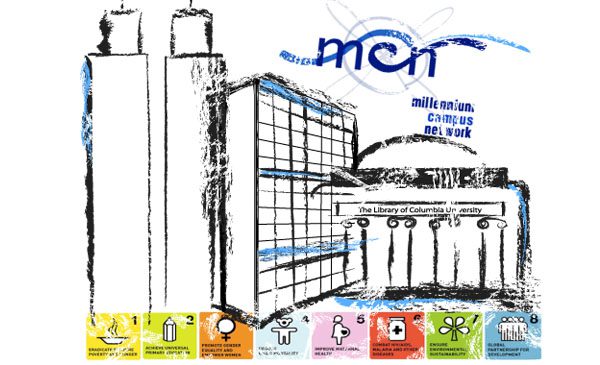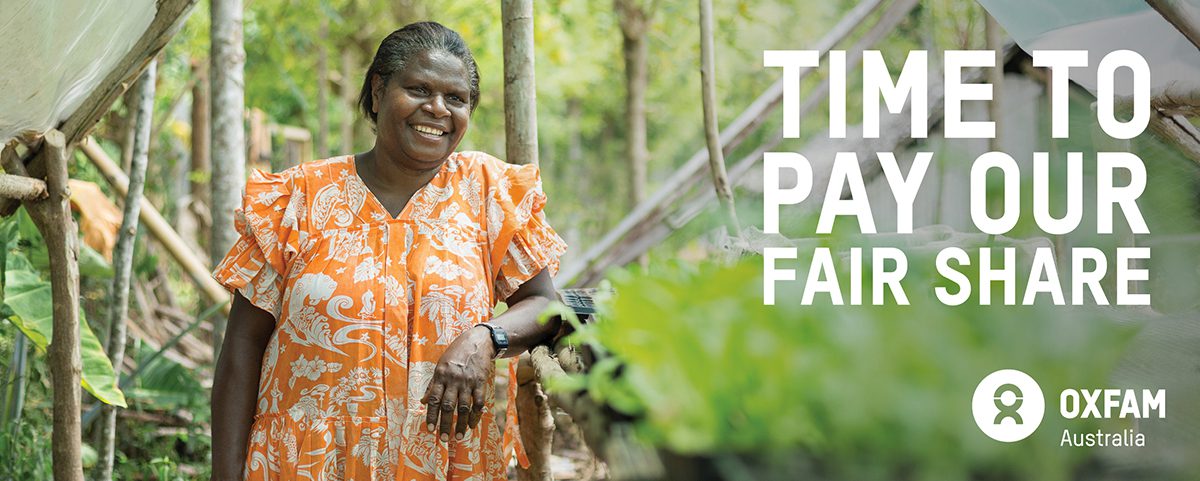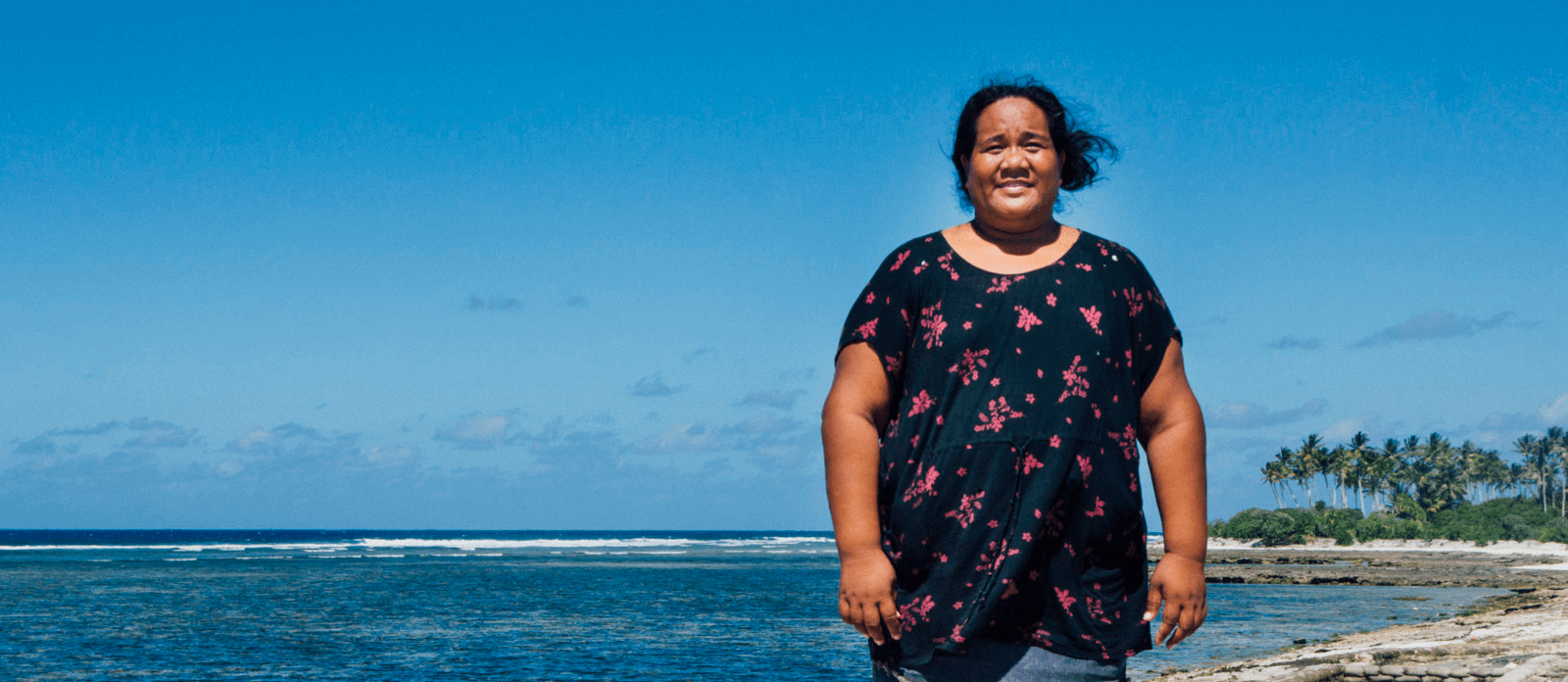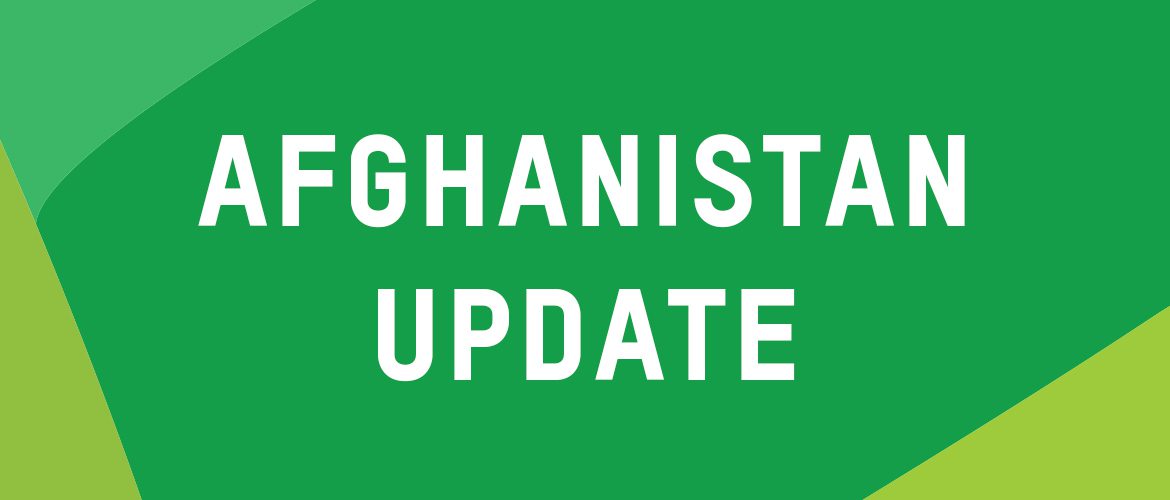How many university students do you think would be willing to spend all weekend talking about poverty? ONE THOUSAND. That’s right: 1,000.
At the beginning of September, the UN General Assembly met to discuss the Millennium Development Goals (MDGs): Eight target-led frameworks that guide people around the world in ending poverty. These goals are eradicating hunger; achieving universal primary education; lowering infant mortality; raising maternal health; eradicating HIV/AIDS, malaria, and tuberculosis; ensuring environmental sustainability; and forming global partnerships.
As the UN met to decide if the world could halve extreme poverty in five years, one thousand students met at Columbia University for the Millennium Campus Conference, to hear from a variety of speakers working around the world to end poverty. The message was clear: it is possible.
The assemblage of exceptional speakers spanned from Charity:Water to a student group examining the ‘missing MDG’ of religious discussion. We students were wowed by two voices in particular: Dr. Bernard Amadei and Dr. Jeffrey Sachs. Since beginning to work against global poverty, I have heard about Jeffrey Sachs. He was a key player in creating the MDG’s and pioneered various successful development initiatives around the globe. An impassioned speaker, he encouraged us to not bargain on the issues the world faced. No part of the poverty cycle can be seen as less important than the other. Poverty is not where we can afford to cut costs.
Now, some might know Bernard Amadei from TEDxTalks (and if not, the talk is certainly worth a watch!). He is the founder of Engineers Without Borders and great visionary of sustainable engineering. He and his students work around the globe to bring clean water, jobs, and other necessary engineering advancements to impoverished areas.
These projects are made in complete consultation with the communities, but what inspired me was the creation of projects that could be locally fixed and maintained for a fraction of the usual cost. In fact, Dr. Amadei can create holistic projects that meet many peoples needs for decades, all for tens of thousands of dollars as opposed to millions. Above all, he encouraged us to stand behind what we say. But we can’t just stand – we need to walk forward and change the way we approach ending poverty.
The greatest lesson I took away from the weekend was that 1,000 American students will give up a weekend of their time to learn about the issues surrounding poverty. It wasn’t too different than six months ago when I was sitting in Canberra with 1,000 Australian students on the Make Poverty History Roadtrip.
Around the world, thousands of students are coming together, again and again, as the world decides how it is going to respond to ending extreme poverty. Each time these groups come together they are sending the message that we can and should end extreme poverty.
So what message will our world leaders send?
Carrie O’Connor is a volunteer for Oxfam Australia



